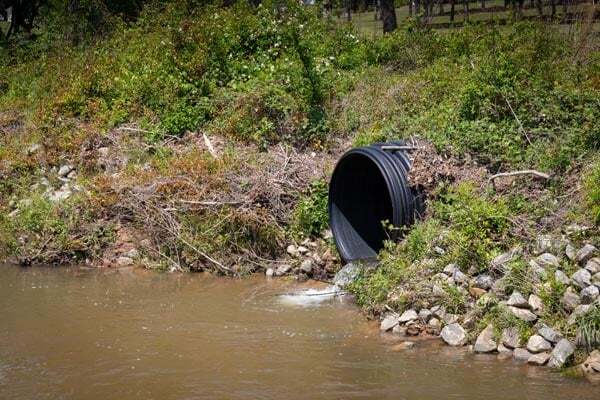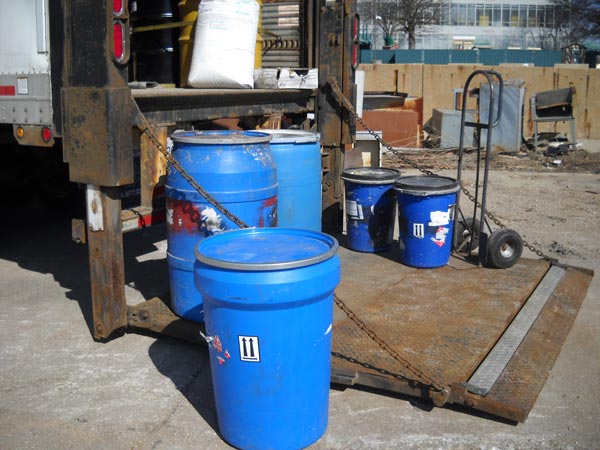Environmental Permitting
Ensuring compliance and minimizing risk for your business.
Organizations require complex – and sometimes competing – permissions from local, state, and federal agencies. Environmental permitting is needed, first and foremost, to protect human and environmental health and to minimize the possibility of penalties and litigation. But knowing which permits are required for your project and preparing the proper documentation can be confusing. Let the team of experts at OCCU-TEC help you along the way.
NPDES
Under the Clean Water Act, it’s illegal to release pollutants through the environment without obtaining a National Pollutant Discharge Elimination System (NPDES) permit. NPEDS permits outline discharge limits, monitoring and reporting obligations, and other provisions designed to safeguard water quality and public health. At OCCU-TEC, our experts have extensive experience navigating these permits, ensuring a streamlined operation for our clients.

Air Permitting
The Clean Air Act (CAA) regulates air emissions from various sources, including area, stationary, and mobile sources. The EPA has established National Ambient Air Quality Standards (NAAQS) to protect public health and environmental quality by limiting criteria pollutant emissions, which lead to smog, acid rain, haze, and other concerns. The NAAQS also aims to restrict toxic air emissions that are known or suspected to cause severe health effects like cancer and to reduce the use of chemicals that harm the stratospheric ozone.
Complying with air permitting requirements can be complex and require extensive testing and preparation. Industrial facilities can have difficulty determining what is applicable for their facility. Our experts help clients manage these requirements at every level, from state to federal.

Waste Permitting
The Resource Conservation and Recovery Act (RCRA) has established a hazardous waste permitting program to ensure proper waste management. The EPA sets forth guidelines for treating, storing, and disposing of hazardous waste to prevent hazardous releases and avoid costly cleanups under the Superfund program.
To build a program for storing, or disposing of hazardous waste, waste generators must secure an RCRA permit. Most states take on the primary responsibility for implementing hazardous waste regulations and issuing RCRA permits. However, for a state to become the implementing agency, it must be authorized by the EPA. If a state lacks authorization to issue an RCRA permit, the waste generators must approach a regional EPA office.
While no set timeline exists for regulatory authorities to issue a final permit, it is reasonable to anticipate that it may take up to 120 days. Failing to comply with EPA regulations and the terms of the RCRA permit can result in costly penalties and, in severe cases, imprisonment.

Contact us to learn more about how OCCU-TEC can help protect your assets by thorough and correct permitting.

Protecting People, Places and Performance
We help keep employees safe, the environment clean, and bottom lines healthy
